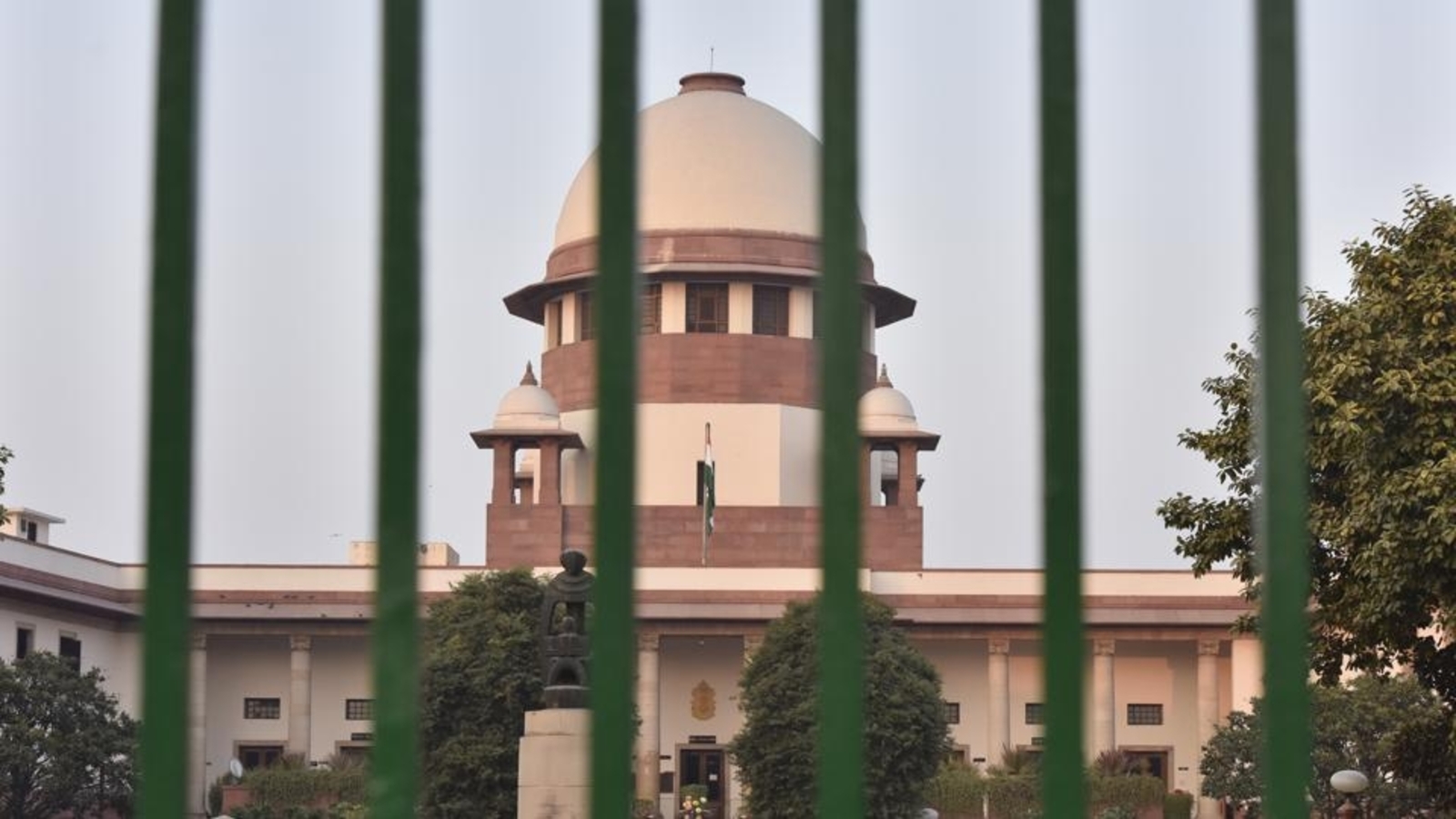The Supreme Court on Tuesday noted that the right to speak in Parliament was not a means to insult, humiliate and defame fellow members, ministers and especially the chair.

A bench of Justices Surya Kant and N Kotiswar Singh criticised the behaviour of Rashtriya Janata Dal (RJD) MLC Sunil Kumar Singh in the Bihar legislative council for raising slogans against chief minister Nitish Kumar, however, they his expulsion from the House which they deemed as harsh and excessive, according to news agency PTI.
The top court also noted, “It needs no emphasis that there is no place for aggression and indecency in the proceedings of Parliament or the legislature. Members are expected to show complete respect and deference towards each other. This expectation is not merely a matter of tradition or formality; it is essential for the effective functioning of democratic processes.”
The bench stated that respect among members was essential to ensure that debates and discussions in Parliament are productive, focus on the issues on hand and uphold the dignity of the institution.
SC on the Sunil Kumar Singh case
The top court observed that imposing a “disproportionate punishment” would undermine democratic values and hinder MLC Sunil Kumar Singh from participating in the house and representing his electorate.
Also Read: Supreme Court cracks whip on waste management in NCR
“The removal of a member from the House therefore is a significant issue for both the member and the constituency they represent. The democratic process relies on the active participation of all members, and even brief absences can impede a member’s ability to contribute to critical legislative discussions and decisions,” the bench said.
It held that there is no absolute bar on the Constitutional courts to examine the proportionality of the punishment imposed on a member while reviewing the validity of the action taken by the House.
The court noted that while focusing on the proportionality of punishments, it was imperative to also consider if justice aligns with constitutional, societal and democratic norms.
Singh was expelled from the Bihar legislative council on July 26, 2024, for displaying unruly behaviour in the House after raising slogans against CM Nitish Kumar on February 13, 2024.
The motion for Singh’s expulsion was passed by voice vote, a day after the ethics committee submitted its report to acting chairman Awadhesh Narain Singh.
Further he was charged with “insulting the chief minister by mimicking his body language” and raising questions on the competence of the members of the ethics committee that submitted a report on his conduct.















